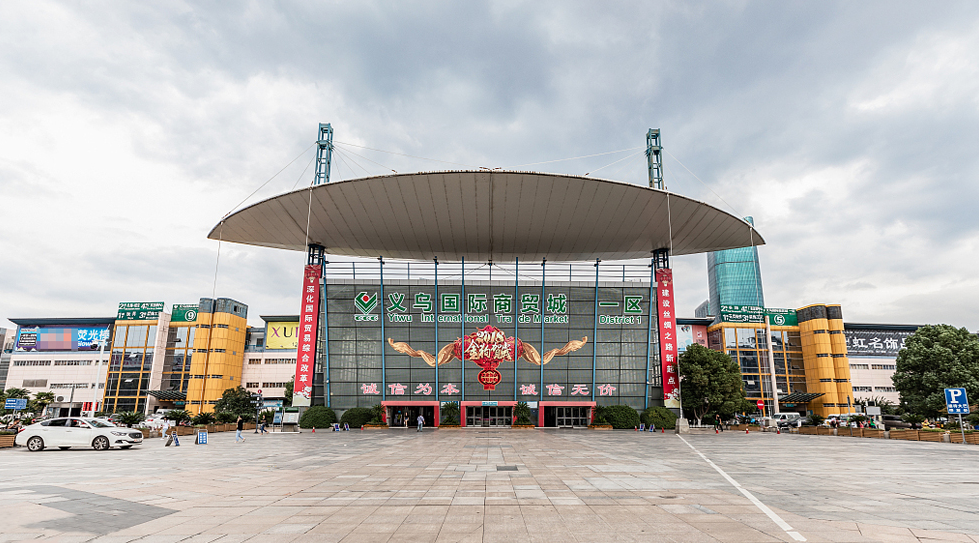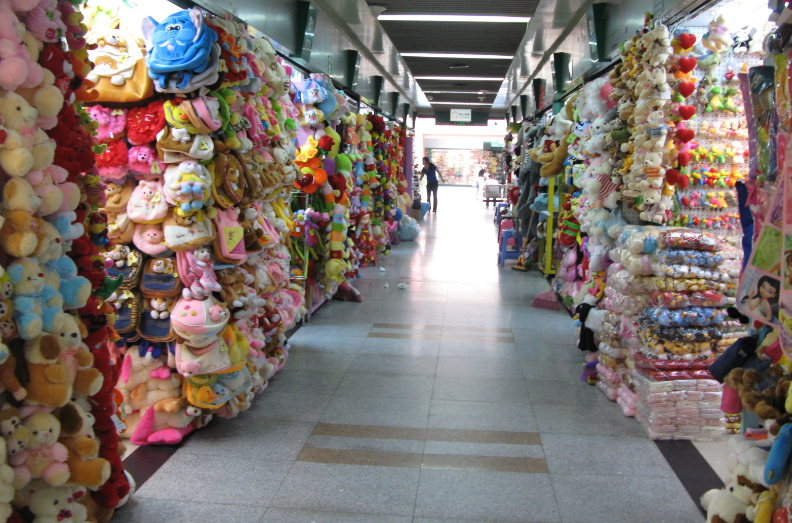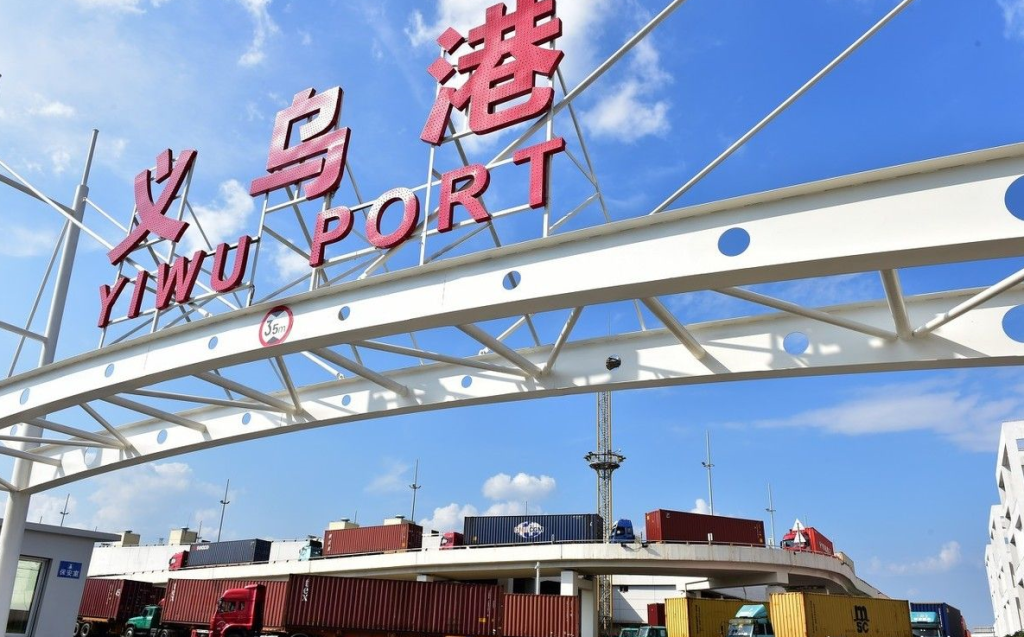
China Commodity City is located in Yiwu City, central Zhejiang Province. Founded in 1982, it is one of the earliest professional markets established in my country. Over the past 20 years, it has undergone four relocations and eight expansions. Now it has a business area of more than 4 million square meters. It consists of three market clusters: International Trade City, Huangyuan Market, and Binwang Market. More than 200,000, with a daily passenger flow of more than 200,000 people. It is an international small commodity circulation, information, and exhibition center. It is one of the largest small commodity export bases in China. “The World’s Largest Wholesale Market for Small Commodities”.
China Commodity City is located in Yiwu City, Zhejiang Province. It was founded in 1982. It now has a business area of more than 4.7 million square meters, 70,000 business booths, more than 210,000 employees, and a daily passenger flow of more than 210,000. It operates 16 categories. , 4,202 categories, 33,217 sub-categories, and 1.7 million items. It is an international small commodity circulation, information and exhibition center. It is called “the world’s largest small commodity wholesale market” by authoritative institutions such as the United Nations, the World Bank and Morgan Stanley. In 2013, the market turnover of China Commodity City was 68.30235 billion yuan, ranking first in the national professional market for 23 consecutive years.

China Commodity City consists of three market clusters: China Yiwu International Trade City, Huangyuan Market, and Binwang Market, almost including handicrafts, accessories, hardware, daily necessities, rain gear, electronic appliances, toys, cosmetics, sports, socks Industry, non-staple food, clocks and watches, thread and belt, needle cotton, textiles, ties, clothing and other daily industrial products. Among them, the production and sales of accessories, socks and toys account for one-third of the national market. High quality and low price, all kinds of products have distinctive features, and they have strong competitiveness in the international market.
China Commodity City is one of the largest export bases for small commodities in my country. Commodities have been exported to 219 countries and regions, with an annual export of more than 570,000 standard containers, accounting for 65% of foreign trade exports. The number of resident representative offices of foreign enterprises has reached 3,059. First, there are more than 13,000 resident foreign merchants. UNHCR, the Ministry of Foreign Affairs and other agencies have established procurement information centers in Yiwu. 83 countries and regions have set up import commodity pavilions in the market. The pattern of “buying global goods and selling global goods” initially formed.

Since 2006, the Ministry of Commerce of the People’s Republic of China has successively released the Yiwu China Small Commodity City Index and the industry standard of “Small Commodity Classification and Code”, so that Yiwu Market, the “world supermarket”, has gained the right to speak in the pricing and calibration of global small commodity trade, and realized the output from export. A leap from commodities to export standards and rules.
China Commodity City is my country’s first AAAA-level national shopping tourist attraction, attracting more than 9.592 million tourists and shopping in 2011. China Commodity City has standardized management, and has been awarded the “Quality and Promise-keeping” market by the General Administration of Quality Inspection and Quarantine of the People’s Republic of China; the “Contract-honoring and Credit-keeping” market and the “National Credit Supervision Demonstration Market” by the State Administration for Industry and Commerce.







